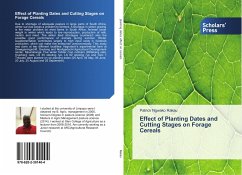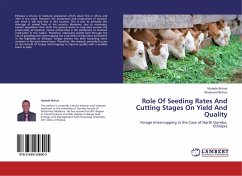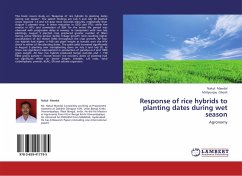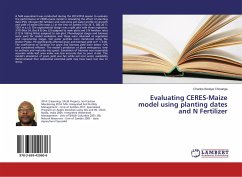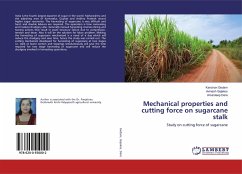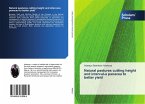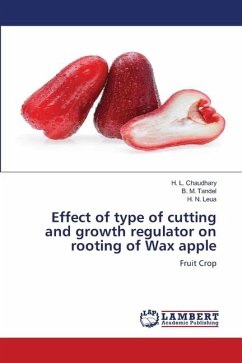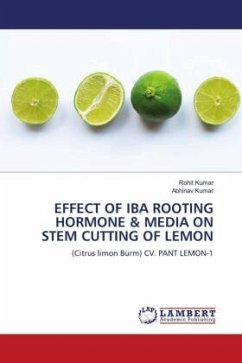Due to shortage of adequate pasture in large parts of South Africa, winter survival poses a problem to farmers. A shortage in winter grazing is the major problem on most farms in South Africa. Animals loose weight in winter which leads to low reproduction, production of milk, mutton and meat. The winter feed shortages counteract also the possible good performance of animals during summer. Winter supplementation contributes largely to high input costs in livestock production, which can make this enterprise uneconomically. This study was done at two different localities: Hygrotech's experimental farm at Dewageningsdrift, Gauteng and Nooitgedacht Agricultural Development center, Mpumalunga. Five winter fodder crop cultivars (Witteberg oats, Overberg oats, LS 35 stooling rye, LS 62 stooling rye and Cloc 1 Triticale) were planted on six planting dates (05 April, 04 May, 06 June, 20 July, 20 August and 26 September).

